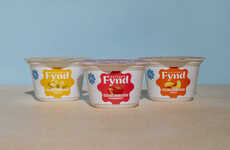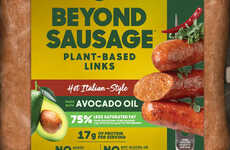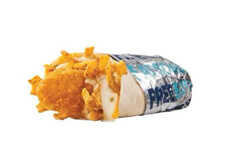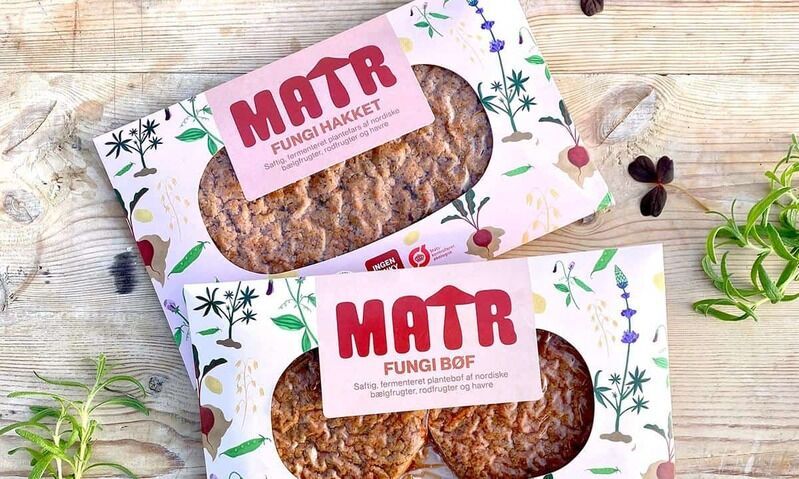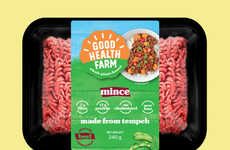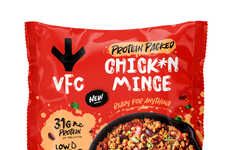
MATR Fungi Mince's Texture & Nutritional Profile Rivals Beef
Laura McQuarrie — July 5, 2024 — Lifestyle
References: matrfoods & vegconomist
MATR Foods makes sustainable meat alternatives with mycelium, traditional fermentation and upcycled vegetables and the Danish food-tech startup is introducing its unique perspective to the world with MATR Fungi Mince. Simple, wholesome and organic ingredients like oats, split peas, lupin, beetroot and potatoes are transformed into rich umami products by MATR, which uses mycelium as a binder to deliver the mouthfeel consumers are after without unnecessary additives.
The company's flagship Fungi Mince is low in fat and high in protein, offering flavor, performance and nutritional benefits that rival its beef-based counterparts in all areas—MATR Fungi Mince boasts a carbon footprint that's 94% lower than beef.
MATR supplies products to several Danish restaurant chains, including Gasoline Grill and Sticks’n’Sushi.
The company's flagship Fungi Mince is low in fat and high in protein, offering flavor, performance and nutritional benefits that rival its beef-based counterparts in all areas—MATR Fungi Mince boasts a carbon footprint that's 94% lower than beef.
MATR supplies products to several Danish restaurant chains, including Gasoline Grill and Sticks’n’Sushi.
Trend Themes
1. Mycelium-based Proteins - Using mycelium as a binder, brands can create meat alternatives that mimic the texture and nutritional profile of traditional meat products.
2. Upcycled Ingredients - Transforming upcycled vegetables into protein-rich products offers an eco-friendly solution to food waste.
3. Low-carbon Food Production - Producing meat alternatives with a 94% lower carbon footprint than beef addresses growing consumer demand for sustainable options.
Industry Implications
1. Alternative Meat Production - The sector is innovating by using fungal proteins to create meat substitutes without the need for animal farming.
2. Food Technology - Advancements in food tech and fermentation processes enable the creation of nutritionally dense, plant-based products.
3. Sustainable Agriculture - Utilizing traditional fermentation and upcycled ingredients helps to reduce the environmental impact of agricultural practices.
3.8
Score
Popularity
Activity
Freshness


